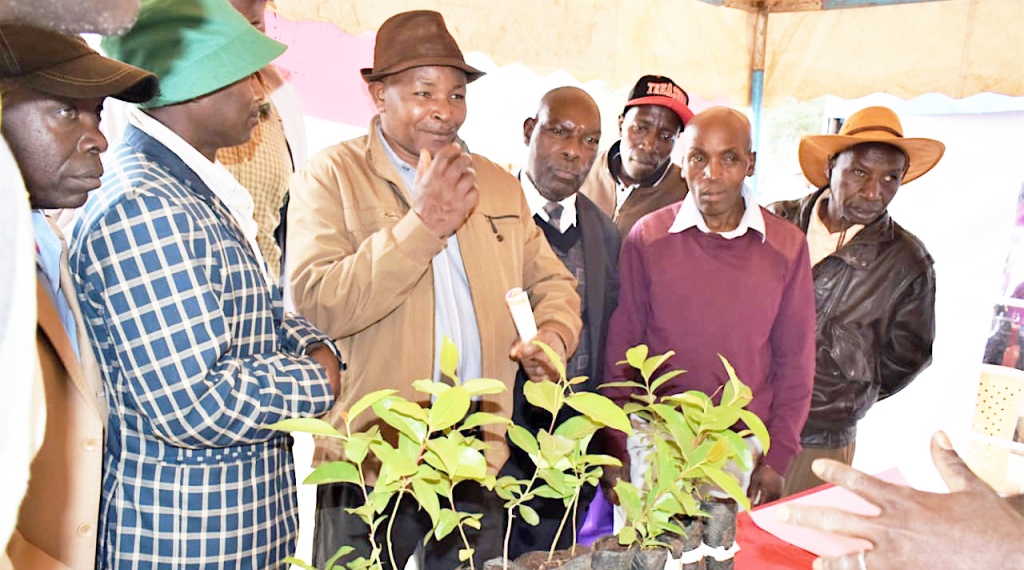Embu stakeholders in the khat farming industry now want the government to delist the crop as a drug and classify it as a food crop.
They want both miraa and muguka, the two sub-species of the khat family, to be included in the food basket of the country to improve its production and sale.
Talking separately during festivities to mark this year’s International Day of Cooperatives (IDC) in Embu County, the stakeholders defended khat as an important cash crop to the people of Embu County and should no longer continue to be referred to as a drug.
Prior to this, campaigns had already been launched to streamline the farming and marketing of khat in the county to control abuse and malpractice associated with the crop, one of the pillars of the county’s economy.
Saccos dealing in farming, transportation and marketing of the stimulant have been on the frontline to have the government classify the crop as a food crop and not a drug.
At the same time, elders and agricultural experts drawn from areas like Mbeere South and North said they have already started work with researchers to identify all the chemical properties in the stimulating leaves before launching value addition and professional marketing programmes.

The stakeholders, led by Josphat Njue, chairman Mbeere Muguka Sacco Limited, said that for centuries, the crop has been used for its medicinal value and to inspire various activities related to work and family interactions.
Njue said certain types of muguka had ingredients which could be used for family planning and strict measures had to be maintained to check abuses.
The Sacco is leading the way in educating farmers and users about the 11 types of the crop, each with its positive benefits, and perhaps also negatives when abused.
The Sacco displayed the various types and explained to guests how to grow and manage the plants, while putting into consideration the climatic conditions suitable for each of the species.
According to Njue, since the crop started to gain popularity in Kenya as a cash crop, its widespread farming had spurred the economy to almost relegate coffee and tea in annual financial turn overs.
“The Mbeere people have gained a good source of income and are able to educate their children to the highest levels and generally improve their standards of living,” said Njue.
Managements of Saccos, he said, were keen to incorporate as many farmers as possible into the societies to ensure the good incomes earned by individuals were managed prudently for the benefit of the region’s development.
He asked parents and guardians to watch their children so that they do not waste time chewing the stuff.
“It is our responsibility as parents to ensure that our children are educated and cautioned against abuse of muguka,” said Njue.
By Robert Nyagah
Get more stories from our website: Sacco Review.
For comments and clarifications, write to: Saccoreview@shrendpublishers.co.ke
Kindly follow our Facebook Page: Sacco Review Newspaper for timely updates.


